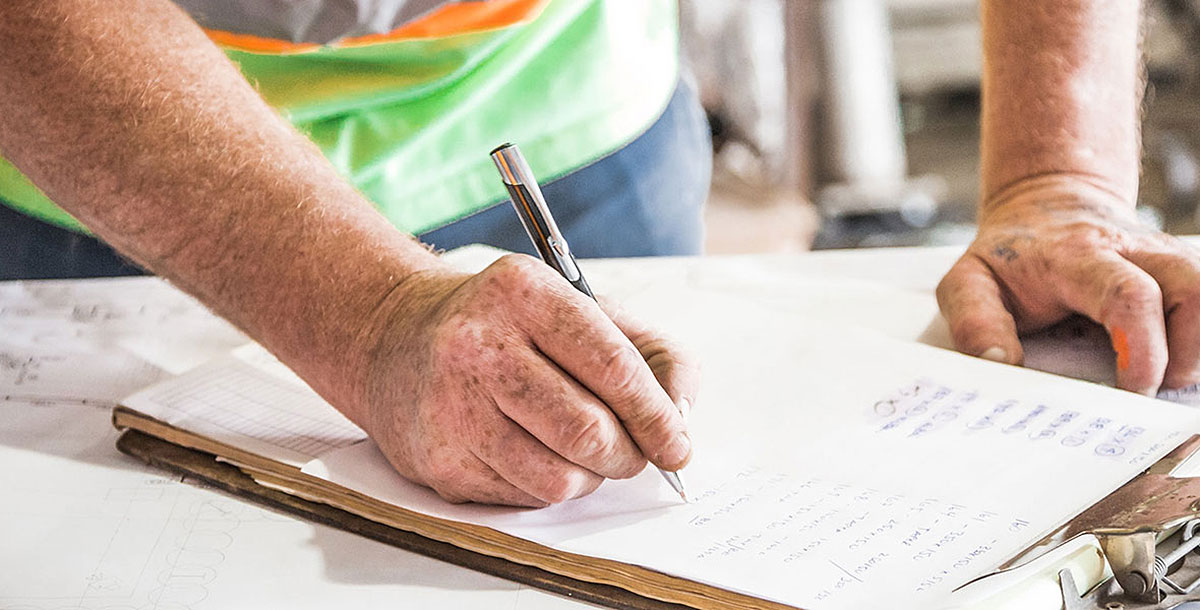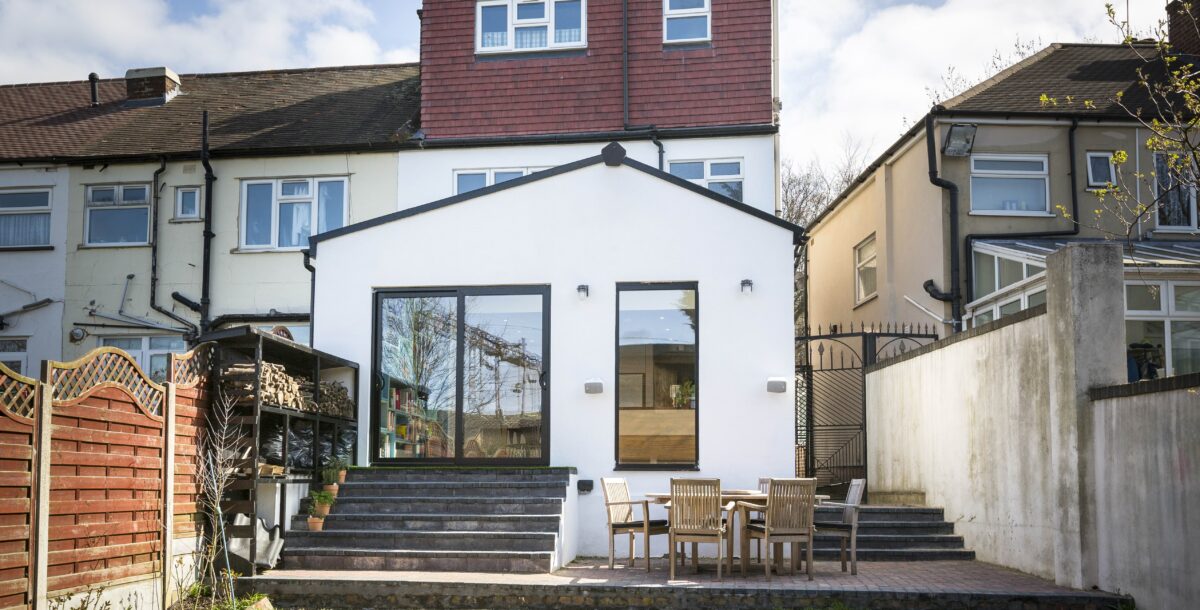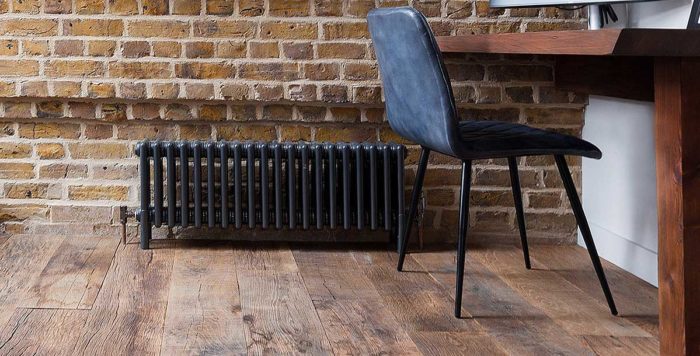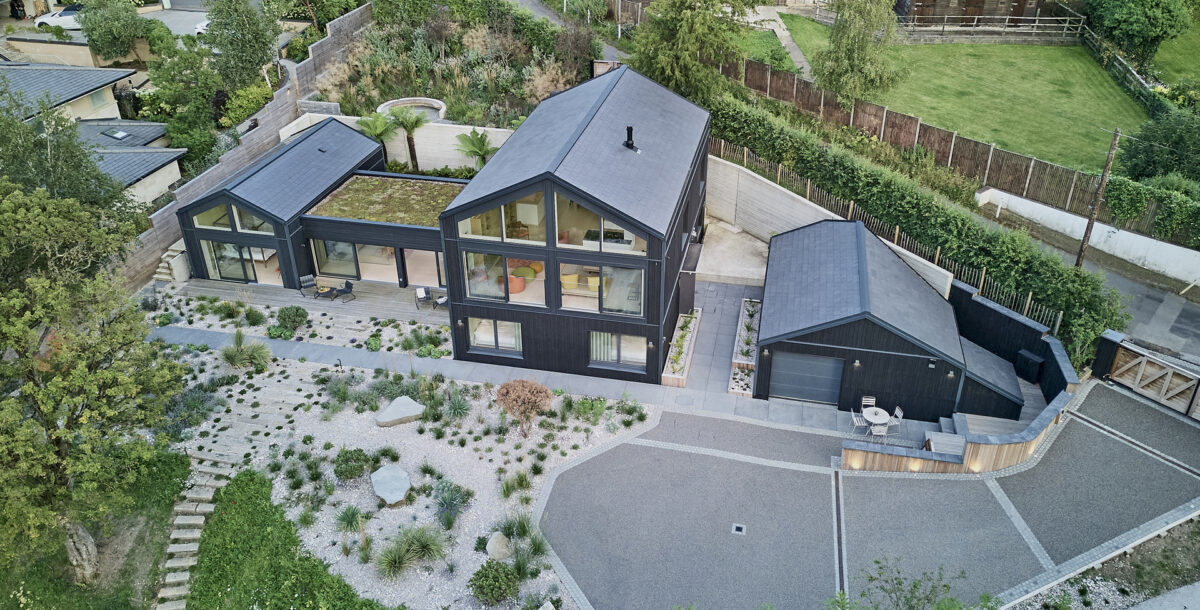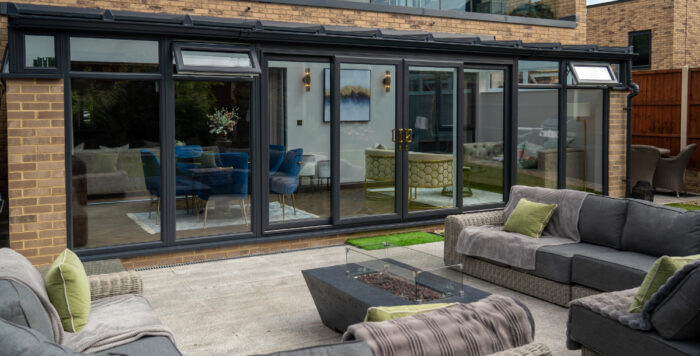How to brief a builder on a home project
Before you start your build, lay the foundations with a strong brief to your builder
Ready to start a home renovation project? If you’re armed with an idea, here’s how to approach and brief a builder to take on the work.
A good brief is putting your best foot forward with a build team. Take a look at these top 5 tips from the Federation of Master Builders (FMB) to ensure you both get the most out of this step of the process.
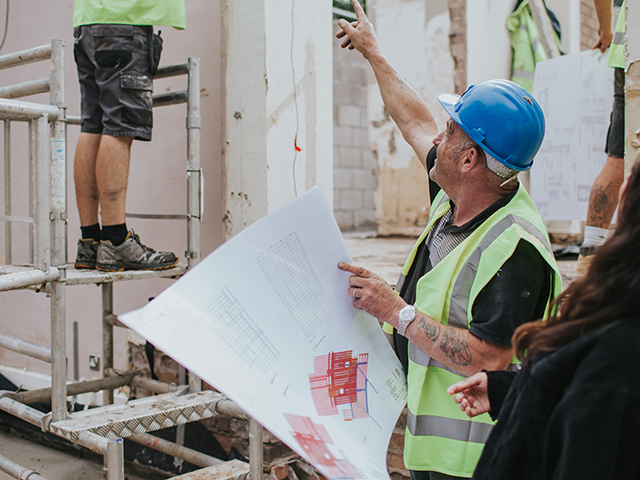
Photo: Reena Simon
1. Have an idea
While you don’t need your plan of action to be fully developed at this point, having a clear idea of what you want the project to entail is key – as much detail as possible will help you have clear, concise conversations with prospective builders at this point.
If you’re working with an architect, show these to your builder while briefing, as this will help their quote accuracy. Some building companies also offer a complete design and build service, which means they can start from the very beginning to bring your ideas to life.
2. Research
Taking some time to research is always important at the start of a build project, especially if you’re less experienced in this arena.
As well as researching any prospective build company to check reviews and whether they’re members of credible trade associations such as the Federation of Master Builders, you should also look into the responsibilities which fall to you as a homeowner that is commissioning building works.
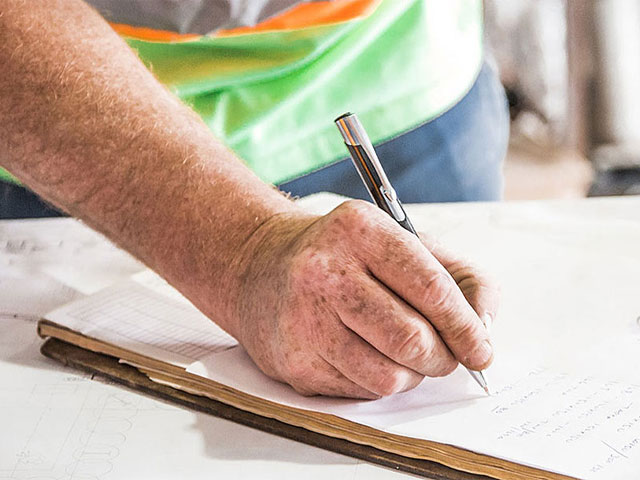
Photo: Burst
3. Plan your budget
Having an idea of how much you can afford and how much you want to spend is important before you get too carried away with a builder. Start by taking a look at our guide to setting a budget, and look at funding routes where required.
‘Remember to take additional expenses into account, such as the cost for decorating and painting, new appliances, new flooring, parking permits, etc,’ explains the FMB. ‘Unless these are included in your builder’s quote, you should ensure you allow for these expenses, which can add up.’ Always plan in a 10% contingency into your budget for unexpected works.
4. Set out lines of communication
A successful project depends on good communication, so establishing this working relationship from the get-go is important. If you have any concerns before, during or after building work takes place, make sure you raise these concerns with your builder as soon as possible.
It’s your project, so raise any queries or uncertainties at the time to avoid unnecessary work and mistakes which could cost money and strain your relationship with the builder.
5. Be clear with the specifics
Small details can end up having a large impact on the brief, budget and timelines. Whether that’s a brick-type, the styles of doors and windows all the way down to your choice of light switches and kitchen and bathroom faucets.
Agreeing on these details in your brief can go a long way to determining the full quote price and helps to stop unexpected costs from occurring if you change your mind part way through a project.

